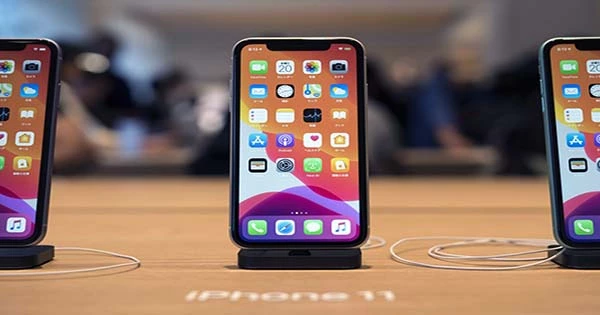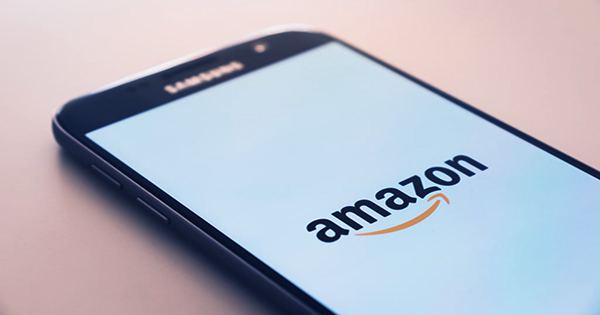If a new legal claim proves successful, iPhone users in the United Kingdom may be in line for a little mid-year cash windfall. Apple published a software update in January 2017 to address a problem with older iPhones shutting down without warning. You may assume this is a good thing, but the tech giant added an undisclosed, undocumented, and non-optional battery management mechanism in the upgrade that purposely slowed down the phones’ performance.
But, as these things often do, someone on Reddit noticed the strategy, and now, five years later, consumer rights campaigner Justin Gutmann has filed a challenge against Apple in the UK’s Competition Appeal Tribunal. “Rather of doing the right thing by its consumers and giving a free replacement, repair service, or compensation,” Gutmann added, “Apple deceived individuals by hiding a tool in software upgrades that delayed their devices by up to 58 percent.”
“I’m filing this lawsuit so that millions of iPhone customers in the United Kingdom can be compensated for the harm caused by Apple’s conduct.” Users of the iPhone 6, 6 Plus, 6S, 6S Plus, SE, 7, 7 Plus, 8, 8 Plus, and X in the United Kingdom might be compensated over £768 million (around $940 million) if the claim is successful. That’s a lot of money, but when you divide it by the 25 million or so eligible claimants in the UK, it comes to around £30 per person. And, unlike the software, the claim (unlike the software) is opt-out, which means that impacted iPhone users don’t have to actively join the action to obtain damages.
The discovery of this “throttling” mechanism prompted accusations of “planned obsolescence” – releasing a device that is designed to not last beyond a certain timeframe in order to encourage customers to upgrade sooner – and reignited the common rumor of iPhones slowing down or becoming less reliable just before a new model is released. While Apple has confessed to causing the problem, the corporation insists that the choice was made with no malice in mind. “We have never, and will never, intentionally reduce the life of any Apple device or impair the user experience to push consumer upgrades,” Apple stated in a statement.
“Making iPhones endure as long as possible has always been a key element of our mission of creating products that Apple consumers enjoy.” Since the outcry began, Apple has included a feature that allows users to check whether their iPhones are throttling. Nonetheless, Apple has recently been hit with a slew of financial penalties for the move – in 2018, it was fined €10 million ($10.5 million) in Italy, and in 2020, it was ordered to pay out around $600 million in two separate legal cases in the United States – and Gutmann hopes that his case will prompt Apple and others to change their ways in the future. “I hope dominating corporations would re-evaluate their business strategies and desist from this sort of activity if this action is successful,” he added.
















